Boris Johnson has announced now is not the time to end the coronavirus lockdown, telling the British public to “stay alert” to the threat of a second peak of the coronavirus.
Instead, the prime minister said only minor modifications will be made to the restrictions in the immediate future, as he said the “campaign against the virus has come at colossal cost to our way of life”.
“We can see it all around us in the shuttered shops and abandoned businesses and darkened pubs and restaurants,” he said.
Download the new Independent Premium app
Sharing the full story, not just the headlines
The “careful” changes to the rules in England will allow members of the public to exercise more than once-a-day, sunbathe in local parks and drive to other destinations with household members.
In his second address to the nation during the pandemic, the prime minister said these additional freedoms will come into force from Wednesday, but stressed now was “not the time to simply end the lockdown” due to the threat of a second peak of Covid-19.
From Monday, Mr Johnson added that anyone who cannot work from home, including those in the construction and manufacturing industries, should be “actively encouraged to go to work” as he seeks to restart the economy.
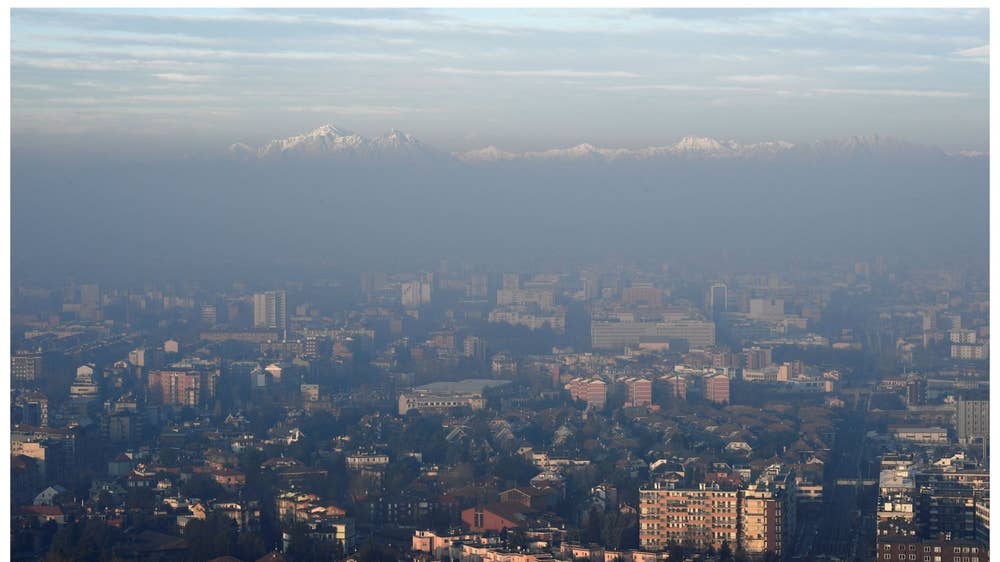
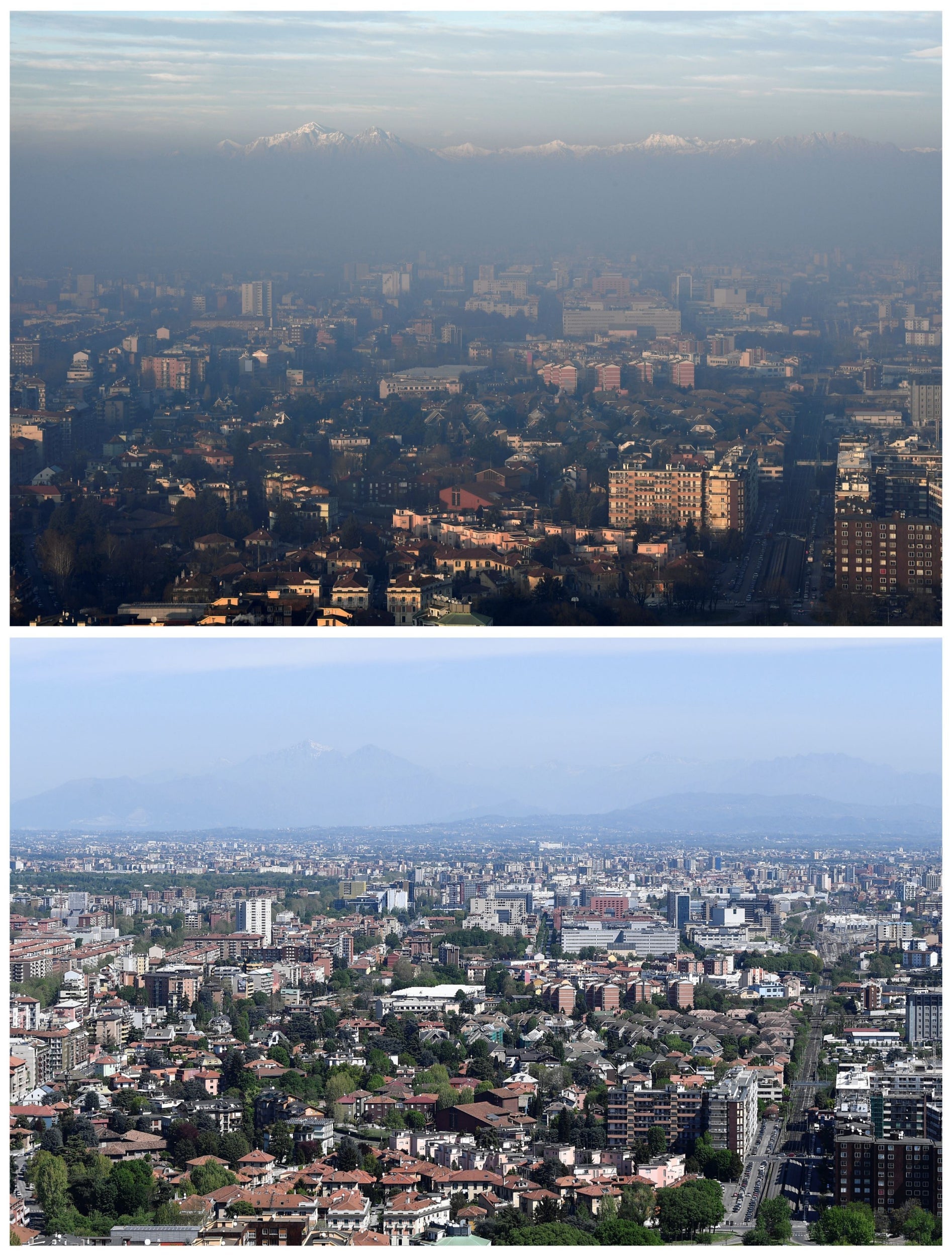
1/6
Milan, Italy
REUTERS
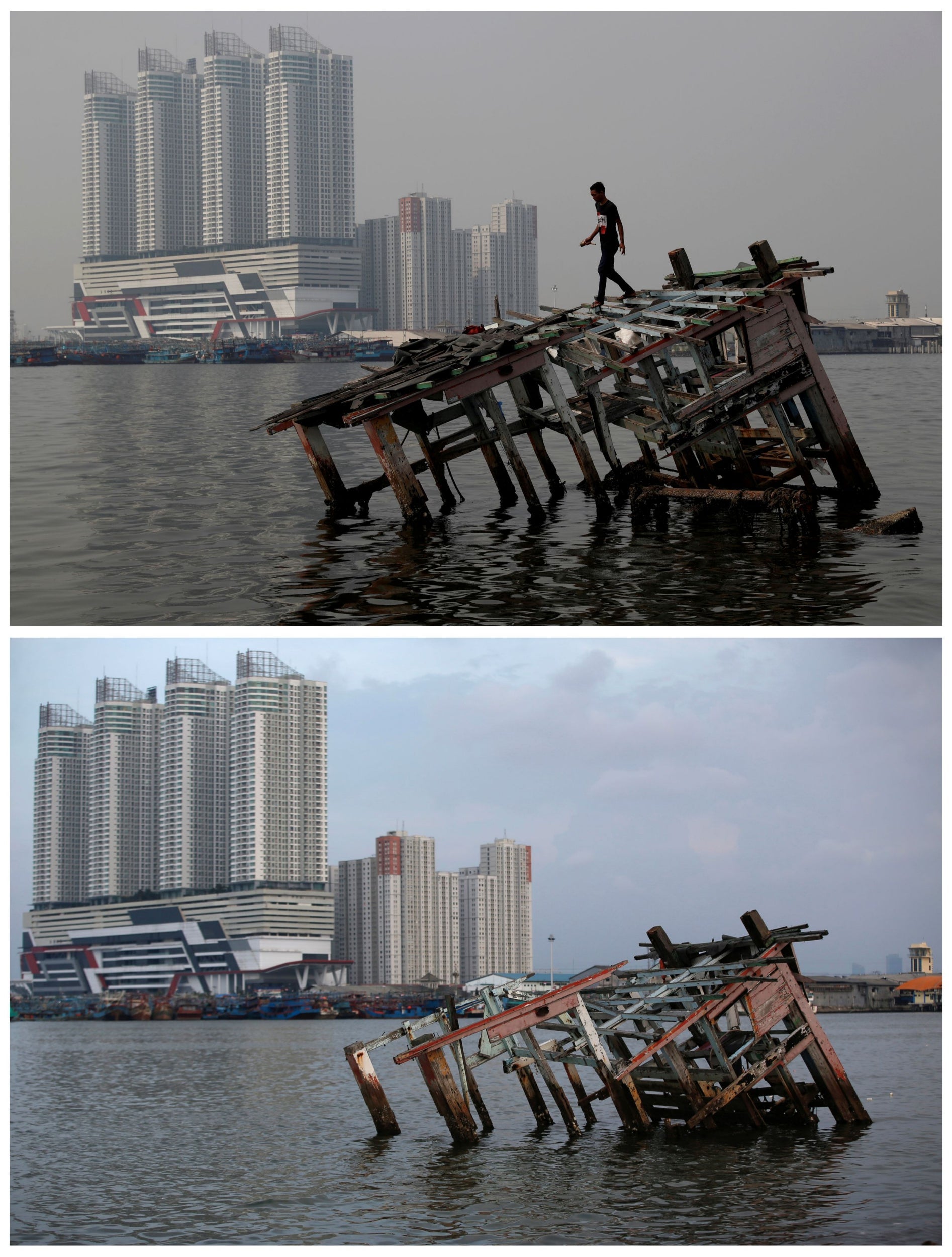
2/6
North Jakarta, Indonesia
REUTERS
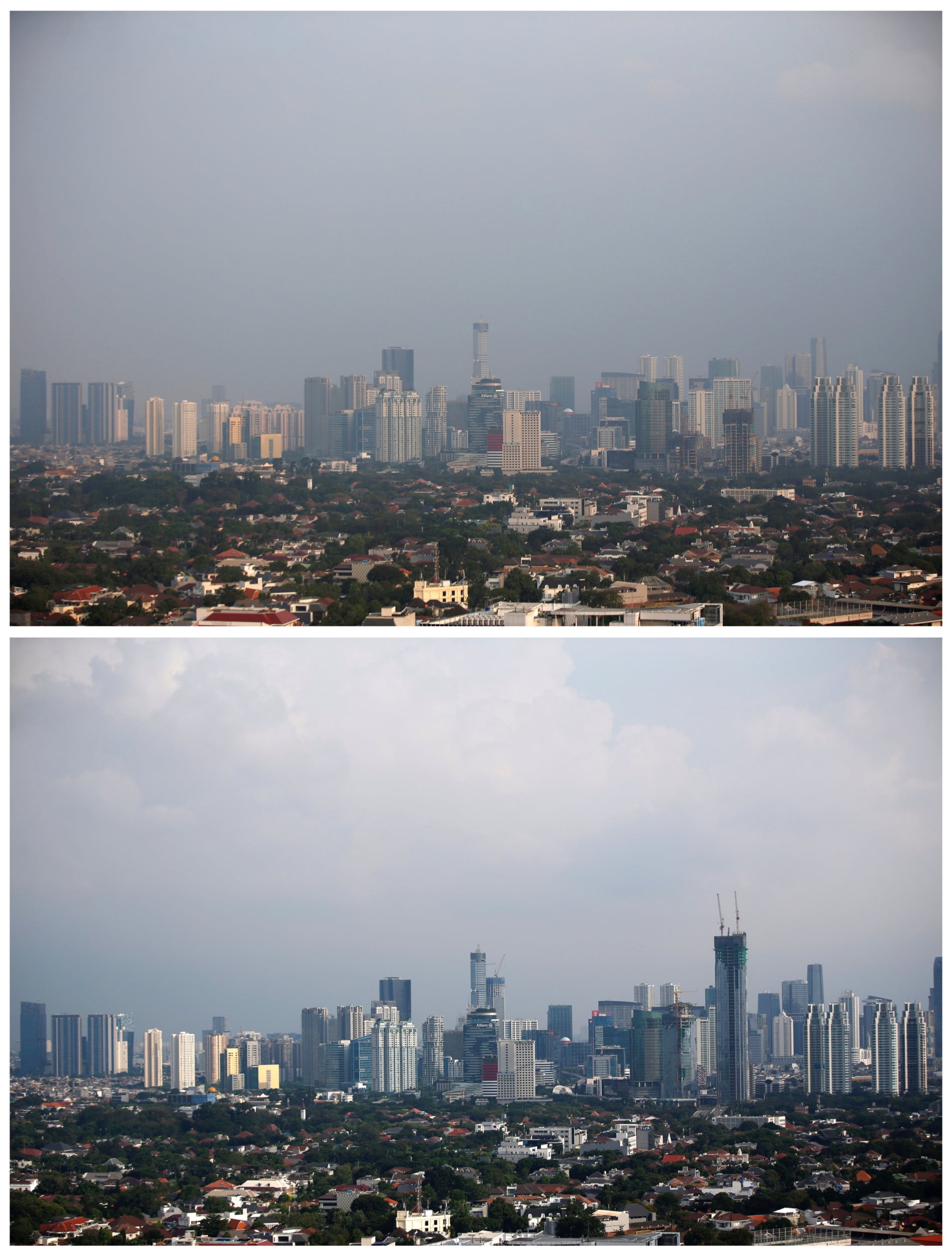
3/6
Jakarta, Indonesia
REUTERS
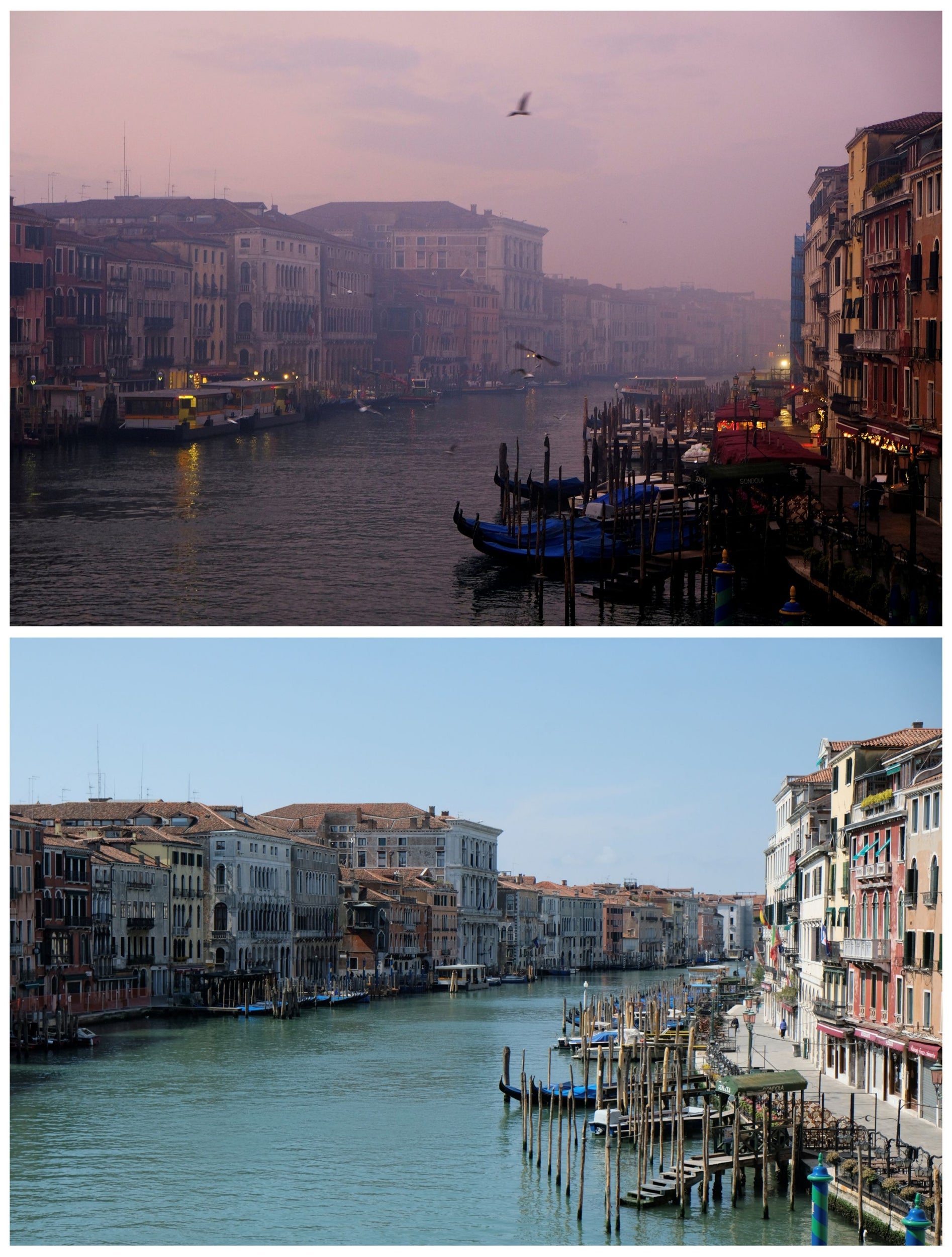
4/6
Venice, Italy
REUTERS
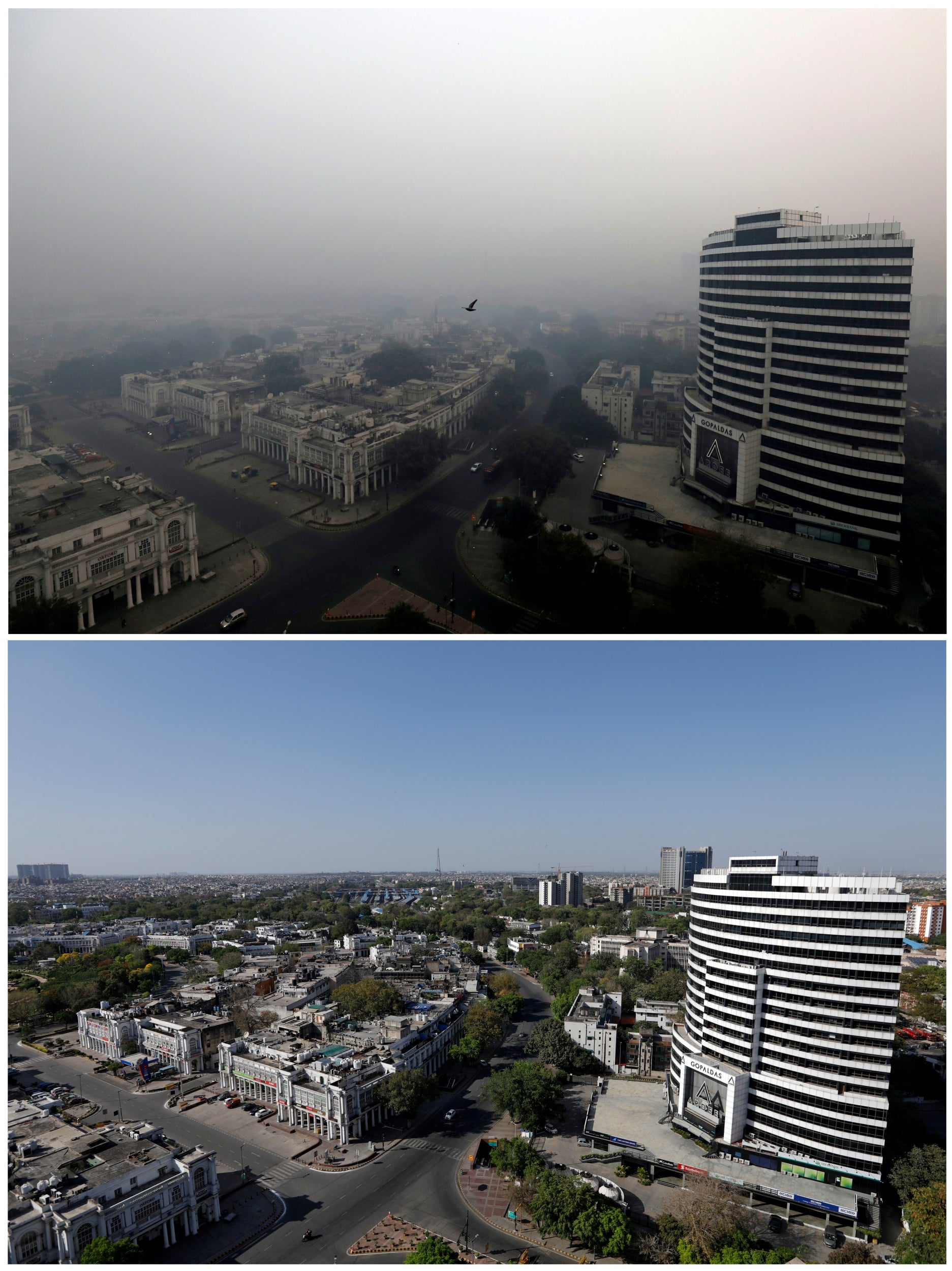
5/6
New Delhi, India
REUTERS

6/6
Islamabad, Pakistan
REUTERS

1/6
Milan, Italy
REUTERS

2/6
North Jakarta, Indonesia
REUTERS

3/6
Jakarta, Indonesia
REUTERS

4/6
Venice, Italy
REUTERS

5/6
New Delhi, India
REUTERS

6/6
Islamabad, Pakistan
REUTERS
His remarks came after the Department for Health announced on Sunday a further 269 people had lost their lives after contracting the virus, bringing the official death toll in the UK to 31,855 – the highest recorded figure in Europe.
Addressing the severe restrictions on public life that he unveiled on 23 March in his first address from No 10 to the country, Mr Johnson said: “No, this is not the time simply to end the lockdown this week. Instead, we are taking the first careful steps to modify our measures.
“From this Wednesday we want to encourage people to take more and even unlimited amounts of outdoor exercise. You can sit in the sun in your local park, you can drive to other destination, you can even play sports but only with members of your own household.”
But he warned: “You must obey the rules on social distancing and to enforce those rules we will increase the fines for the small minority that break them”.
The latest news on Brexit, politics and beyond direct to your inbox
Encouraging those who cannot work from home to return to the workplace, Mr Johnson added: “We want it to be safe for you to get to work. So you should avoid public transport if at all possible, because we must and will maintain social distancing, and capacity is limited.”
Speaking at the No 10 daily briefing on Saturday, the transport secretary Grant Shapps, however, revealed the enormity of this challenge, as he said the country’s public transport network will be reduced to just 10 per cent capacity due to social distancing measures – even well full services resume.
“So work from home if you can, but you should go to work if you can’t work from home,” Mr Johnson added on Sunday.
On step two of his strategy, from 1 June at the earliest, he continued: “We believe we may be in a position to begin the phased reopening of shops and to get primary pupils back into schools, in stages, beginning with reception, Year 1 and Year 6.
“And step three – at the earliest by July – and subject to all these conditions and further scientific advice; if and only the numbers support it, we will have to re-open at least some of the hospitality industry and other public places, provided they are safe and enforce social distancing.
“We are going to be driven by the science, the data and public health. And I must stress again that all of this is conditional, it all depends on a series of big ifs.”
The announcements, however, risk fracturing the UK-wide approach to combating the virus, as the devolved nations of Scotland, Northern Ireland and Wales all rejected Mr Johnson’s to switch to from the “stay at home” to the new “stay alert” message on Sunday, warning it risked confused members of the public.
While Nicola Sturgeon, the Scottish first minister, announced the removal of the once-a-day limit on exercise, she warned it did not extend to picnics, barbecues or sunbathing, adding it was “not a licence” to start meeting in group in parks and beaches.



